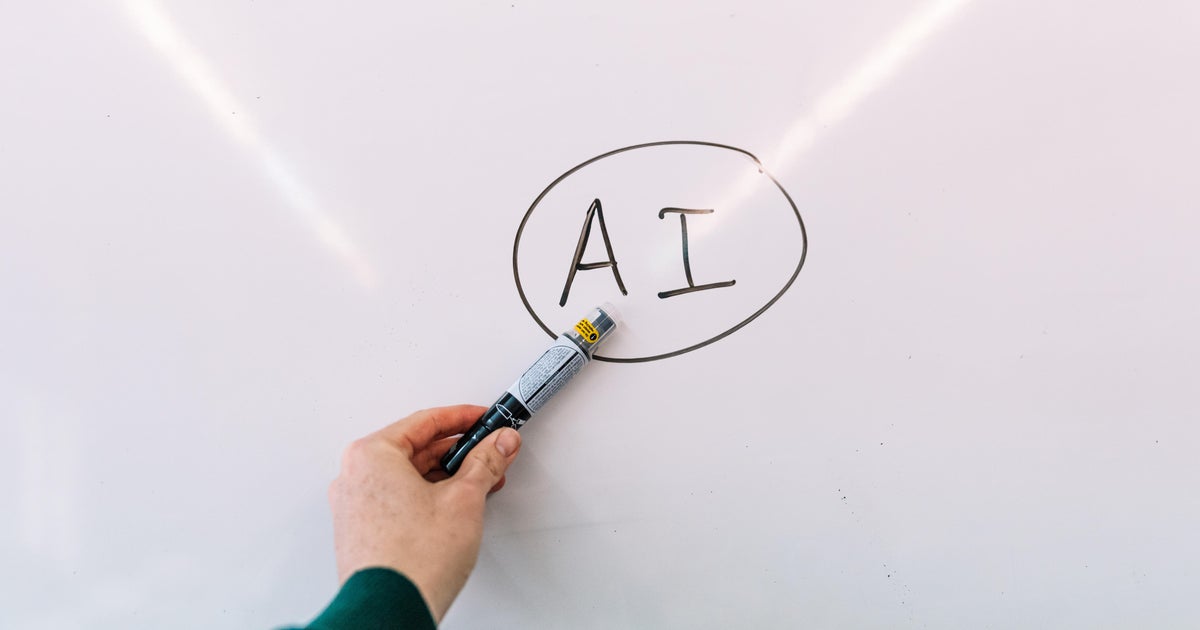- Arvind's Newsletter
- Posts
- Arvind's Newsletter
Arvind's Newsletter
Issue No. #1137
1.India plans to kickstart rare-earth magnet output to cut China dependence: Bloomberg
A proposed plan by India to spur local production of rare-earth magnets has drawn initial interest from a clutch of large conglomerates, people familiar with the matter said, as the country seeks to cut its reliance on China for these vital electric-vehicle and wind-turbine materials.
The Indian government is planning an incentive program worth as much as 25 billion rupees ($290 million) for private sector firms manufacturing these magnets, said the people, who asked not to be named as the details are not public.
Billionaire Anil Agarwal’s mining giant Vedanta Group, Sajjan Jindal-led JSW Group and EV parts maker Sona BLW Precision Forgings Ltd. are among those who have shown keenness in this initiative.
The policy blueprint is likely to be submitted for cabinet approval soon, the people said. The final outlay for the program is subject to internal consultations and could change, they said.
At the same time, India is in talks with Australia for rare earth minerals, an Australian official stated to Economic Times.Both public and private sectors in India have also expressed interest in Australia’s copper blocks, said Malini Dutt, the Trade and Investment Commissioner of the New South Wales Government in Australia.
2.Climate change is shrinking India’s weather forecast window, says IMD chief: Mint
Climate change is making it harder to forecast India’s weather with the same lead time, said Mrutyunjay Mohapatra, director general of meteorology at the India Meteorological Department (IMD). In an interview, Mohapatra warned that the growing frequency of localized extreme weather events is reducing the predictability of traditional weather patterns.
“If I could earlier predict heavy rainfall three days in advance, now I may only be able to forecast it one and a half days ahead," he said. “That’s the impact climate change is having on our systems."
Mohapatra noted that the frequency, intensity, and duration of heat waves have risen in India’s heat-core zones across north and central India. At the same time, central and peninsular India are witnessing more heavy rainfall events, while lightning and thunderstorms have become more frequent in eastern and northeastern states.
3.Starlink gets key govt nod, prepares for broadband service rollout: Business Standard
Elon Musk’s Starlink has received final regulatory clearance to start commercial operations in India, new agency Reuters reported. The approval, from the country’s space regulator Indian National Space Promotion and Authorisation Centre (IN-SPACe), marks the last major hurdle in the company’s entry into the Indian market.
Starlink, a satellite internet provider operated by Musk’s SpaceX, has been seeking commercial licences in India since 2022. While it secured an important permit from the Department of Telecommunications last month, it was still awaiting the green light from the Department of Space.
With this latest clearance, Starlink becomes the third satellite internet operator to receive regulatory nods in India, following approvals granted to Eutelsat’s OneWeb (Bharti) and Reliance Jio.
Before launching services, Starlink will now need to obtain spectrum allocation from the government, install ground-based infrastructure, and conduct trials to prove compliance with security protocols, Reuters reported.
4.Zepto Fundraise: Quick commerce firm likely to raise up to $500 million at a $7 billion valuation: Mint
Indian quick commerce giant Zepto is set to raise between $450-$500 million in fresh funding at a post-money valuation of $7 billion, reported the news portal CNBC TV-18, citing people aware of the development.
As per the news report, the talks over the fresh funding are currently at an advanced stage, and the company is looking to raise this round at a 40% higher valuation than its 2024 levels.
Zepto is competing against other quick commerce majors like Swiggy and Zomato's parent company, Eternal, in the Indian market. The company is also reportedly planning for its initial public offering (IPO).
5.Nvidia becomes first company to reach $4tn in market value: Financial Times
Nvidia has become the first company to hit a $4tn market capitalisation, on the back of a rapid rebound for Wall Street technology stocks in recent months. Shares in the Silicon Valley-based maker of artificial intelligence chips rose as much as 2.8 per cent on Wednesday to $164.36.
The group had already surpassed Apple’s $3.92tn record from last December. Nvidia stock has risen by more than 40 per cent since early May, when US President Donald Trump first signalled a thaw in his trade war with China and Nvidia struck a series of multibillion-dollar chip deals in the Middle East.
6.The US reversed course on its earlier pause on weapons shipments to Ukraine.
Kyiv and its European allies were caught off guard last week by the Pentagon’s apparent move to halt sending critical munitions, like Patriot interceptors, to Ukraine — but President Donald Trump said he’d given the go-ahead for new weapons.
The developments are a “victory for common sense,” The Economist wrote, and “a return to the status quo ante in which American military support was ending slowly rather than suddenly.”
Trump also lashed out at Russian President Vladimir Putin on Tuesday, saying he throws “a lot of bullsh*t” at Washington — the “starkest signs yet of Trump’s souring relationship with Putin,” The Wall Street Journal wrote.
7.AI Training for US teachers: CBS and other
US’s second-largest teachers' union announced yesterday that it's creating an AI training hub for K-12 educators with $23M from three leading AI developers: Microsoft, OpenAI, and Anthropic.
The American Federation of Teachers will open its National Academy for AI Instruction this fall in downtown Manhattan. The academy aims to offer hands-on workshops to 400,000 teachers—about 10% of the US teaching workforce—by 2030. All 1.8 million union members will also have access to free online training. A portion of Microsoft's five-year, $12.5M commitment and OpenAI's five-year, $10M pledge will fund the creation of additional hubs nationwide. Anthropic is contributing $500K to support the academy's first year.
The initiative follows an executive order issued by the White House in April encouraging private sector investment in K-12 AI education. And while many teachers worry about students using AI, a recent survey found that 60% of teachers polled use it themselves. Those who reported using AI weekly estimated saving as much as six weeks' worth of time each year.
8.SpaceX Valuation to Hit Around $400 Billion in Share Sale: Bloomberg
SpaceX is in talks to allow employees and investors to sell shares that would value the company at $400 billion, up from $350 billion in December, reported Bloomberg.
The size of the share sale is expected to be $1 billion and value each share at $212, reported The Financial Times. SpaceX is expected to buy back some of the shares and conduct a primary fundraise to raise new capital from investors, the reports said.
The new valuation keeps Elon Musk’s rocket company among the most highly valued startups. OpenAI, for instance, is in talks to raise $40 billion at a $300 billion valuation. In February, investors valued TikTok owner ByteDance at more than $400 billion.
Musk, who recently left the Trump administration and Department of Government Efficiency, also leads electric vehicle maker Tesla, whose shares have fallen 22% this year.
9.US teenagers do not want to go college
Just 45% of US teenagers are interested in obtaining a college degree, down from 73% in 2018, a survey found.
Interest in vocational schools, apprenticeships, and other technical education programs more than tripled in the same period, from 12% to 38%. The non-profit American Student Assistance said that parents are more likely to support plans to attend college, but the students themselves are concerned about rising student debt and keen to start earning sooner.
A further consideration may be artificial intelligence: The OECD said last year that white-collar careers are most likely disrupted by AI, and early-career jobs in many industries are already vanishing, while physical work may be harder to automate.
10.Ukraine’s fiber-optic drones are giving it the edge over Russia: Wall Street Journal
The drones are impervious to electronic attacks.
“The ambush that killed the Russian last month was only possible because the drone was guided by a fiber-optic cable that allowed the pilot to maintain a direct connection behind the tons of concrete.
Such ingenious attacks are taking place across the east of the country, where Ukraine is trying to blunt Russia’s grinding advance with a new generation of quadcopters steered by long coils of ultrathin and highly versatile wire.
As Russia and Ukraine battle to gain an edge on the battlefield, fiber-optic drones are a distinctly old-school response to the way both sides have used electronic warfare and physical barriers to make most ordinary craft ineffective. Instead of using radio signals that can be easily blocked, fiber-optic drones transmit data back to the pilot through the cable they unspool as they fly.
11.Superman to I Know What You Did Last Summer: 10 of the best films to watch this July: BBC











